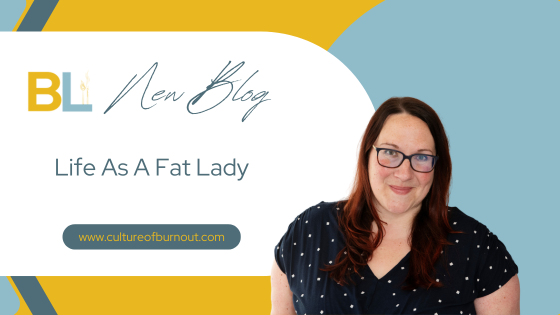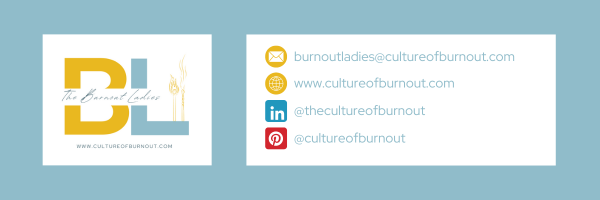
Hey, y’all – it’s Kristen here, hopping on the blog to talk about my life as a fat lady.
One of my pervasive childhood memories is standing on a scale. Knowing that whatever number was on it would be too high. The doctor would be disappointed and would tell my mother that I was in danger. He told her that she had to put me on another diet, because the one I was on wasn’t working. Doing her absolute best to be a good mother, she did.
Whatever diet was making someone money at the time – Adkins, South Beach, grapefruit, cottage cheese, Jenny Craig, Weight Watchers, Weigh Down – you name it and I was on it. I was constantly on a diet from childhood until I consciously decided not to be at 29.
Basically from 9 to 29, I was obsessed with what food went in my mouth. With how much I’d need to exercise to earn that food, and then constant shame at not being successful at being skinny.
Twenty. Years.
I’m so tired.
I have been fat my entire life, by one medical or social designation or another. It was not until my 20s before a piece of romantic pop culture showed a girl who was shaped like me who wasn’t a joke. I am so grateful that since then we’ve had so many more. In general, however, when someone looks like me, they’re a punch line or a best friend – or both.
Life as a Fat Lady
My body is a plot point in my life. It’s not a bad one, or a good one, but it is one. It’s taken me a long time and a lot of therapy to get to that neutrality. A lot. And there are still days where I slide head first back into negativity, to the ways the culture reinforces all the time that your weight is a moral judgment on a person and completely within your control.
And that’s where this intersects with burnout culture. Because for every message that says we have to work hard until we die, there’s an adjoining one that says we have to do it while being skinny. The Wellness Industrial Complex is built on this principle; that if you work really hard, and do it all alone, you’ll be skinny and desirable and well.
Wellness is a personal journey, and for you, it may involve the numbers on a scale. But the numbers on my scale are not the business of the general population. Despite the well meaning strangers on planes who ask if I’m getting enough exercise because then I wouldn’t take up so much room, or the folks who have moo’d at me from passing cars, or the boys who told me I was a secret girlfriend and not a public one because they had a reputation to uphold – despite what all those people believe, my wellness is my business.
And honestly, taking back that control feels a lot like standing up to burnout culture and staking my claim in a balanced culture.
What do I mean by that? Great question. Our book answers that with a clear framework you can use immediately, as well as many examples, citations, and jokes. So many jokes. Buy your copy HERE.



